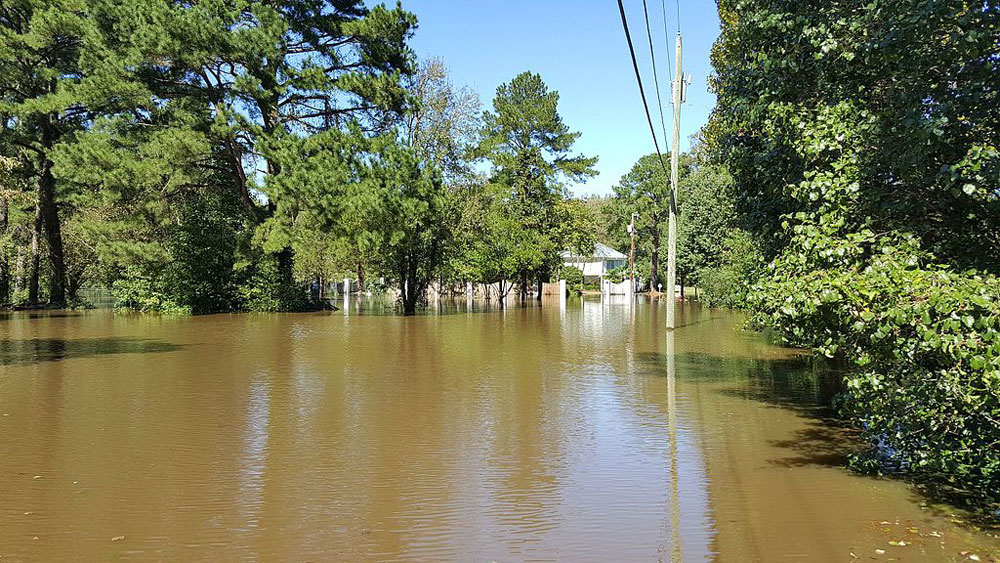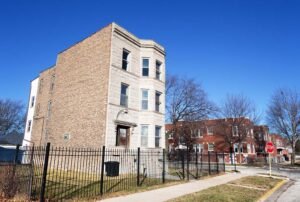
June 10, 2019, Associated Press
Large grants to nonprofits often have restrictions on how the money is spent. Large public grants always do. This time, it appears it was the public agency that was unaware of the grant restrictions on disbursing emergency dollars.
The North Carolina Department of Public Safety misdirected a portion of $9 million in state money after 2016’s Hurricane Matthew. North Carolina’s emergency management director is pleading ignorance of the law.
A unit of the Legislative Services Commission of the state’s General Assembly, the nonpartisan ombudsman Program Evaluation Division (PED), has issued a report on the disaster recovery funds. The PED is tasked with determining that public services are delivered according to law, effectively, and efficiently. It has concluded that a lump sum of $5.35 million that was provided to a single nonprofit violates state law that says such funds must be given out in lesser payments over time.
The nonprofit in question is the North Carolina Community Development Initiative (NCCDI). NCCDI has two operating arms, which is common with community development organizations. One is the NCCDI, and the other is NCCDI Capital, the lending arm. They have the same principal director, Angela Poole, and combined assets of $29 million. Since 2015, they have a collaborative partner in the North Carolina Housing Coalition, with a focus on access to affordable housing and “strategic investment, smart policy, and sector leadership” which “includes supporting community revitalization driven by the needs of community members, helping communities rebuild after hurricanes and other disasters, investing in some of our state’s most promising affordable housing developers, and shaping state and local policy.” There doesn’t seem to be a mistake in the choice of nonprofits to receive the funds; at this point, it’s just how they were delivered and spent.
Sign up for our free newsletters
Subscribe to NPQ's newsletters to have our top stories delivered directly to your inbox.
By signing up, you agree to our privacy policy and terms of use, and to receive messages from NPQ and our partners.
The hurricane relief money was spent on new construction projects, paying the developers for those projects, buying land for future development, and for mixed-use development. These are typical for a development nonprofit; however, the money was intended for emergency sheltering of hurricane victims and short-term housing, according to the report. Michael Sprayberry, the emergency management director, told the legislators that it was an inadvertent violation and the dollars were spent on affordable housing in hurricane-damaged areas.
“They needed a housing solution. Honestly, I felt like the General Assembly would’ve wanted me to use the funding in this manner,” Sprayberry said.
Stating that it “felt” like the correct move does not replace documentation and inquiry when it comes to public dollars. A few legislators commended the transparency, as Sprayberry admitted it was an error. Rep. Becky Carney (D) said, “They were doing the best they could. Can they do better? They’re acknowledging that.” She added, “I for one think they’ve done an incredible job.” Committee co-chairman, Rep. Craig Horn (R) on the other hand, said the report was “provocative” and “damning.”
The state attorney general and other committees will be reviewing the report.—Marian Conway













